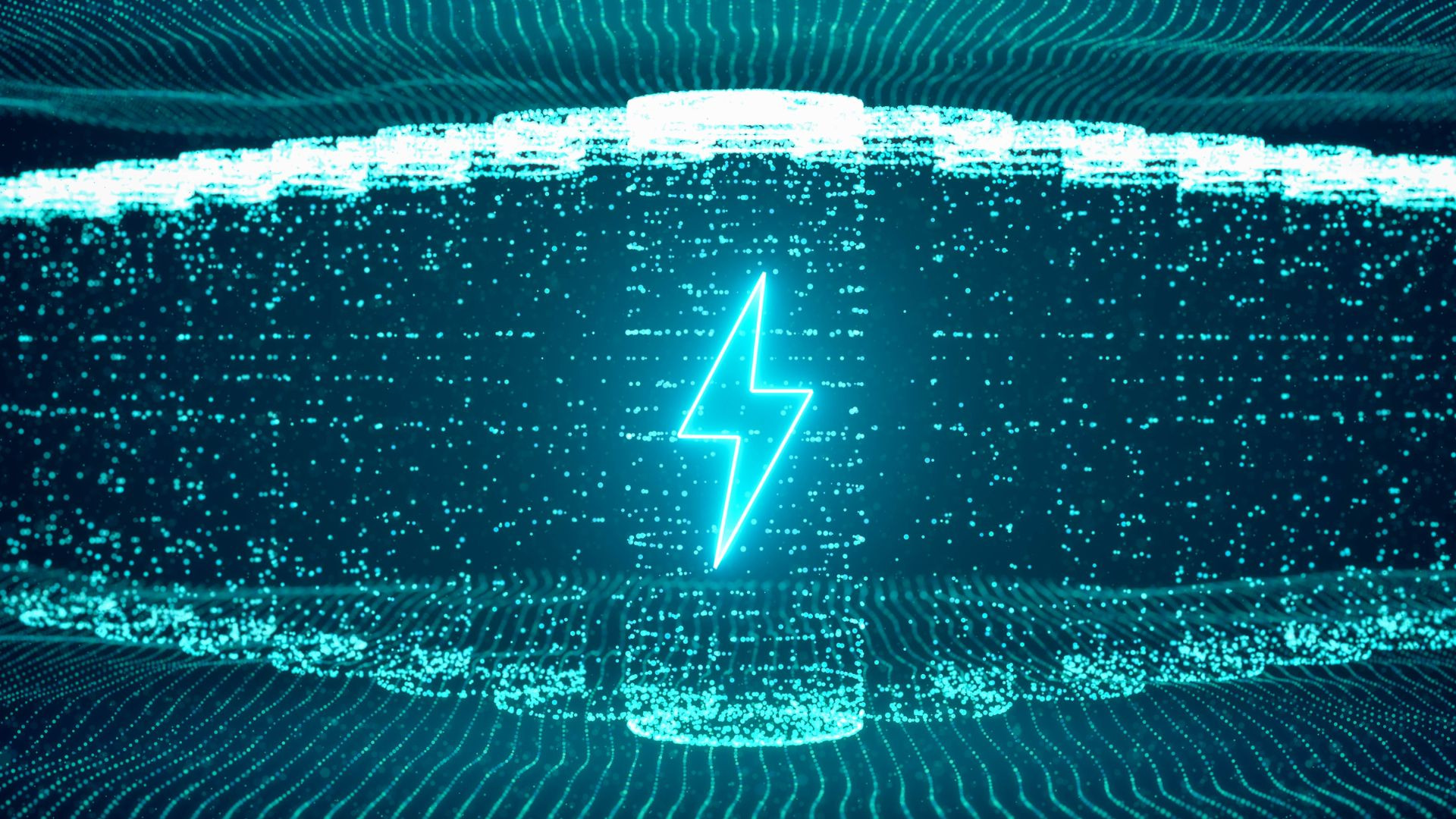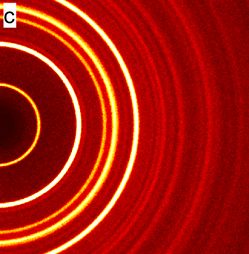- cross-posted to:
- evs@lemmy.world
- technology@lemmy.ml
- cross-posted to:
- evs@lemmy.world
- technology@lemmy.ml
Removed by mod
And discharges a little over a volt. Yea. The limitations of “new” “breakthrough” batteries need to come at the top of the article.
That voltage output is pretty typical. They should have gone with “cell” over “battery” though.
Good point
…and they are usually (but not always) written by someone with almost zero technical knowledge.
Did I miss that or are you saying it rhetorically? I didn’t pull the actual scientific article but this one mentioned decent performance over 800 cycles and 100 mAh/g. I’m not really up on this kind of tech but that seems pretty nifty for a new chemistry .
If you were just being rhetorical I get the frustration. There’s always gremlins hiding somewhere.
Still, I take stuff like this as indicitive that were absolutely not going to be stuck with Li ion forever.
The mAh/g might be comparable, but it’s only 1V per cell. Lithium cells are 3.3V per cell, so the overall Wh/kg is worse than three times lower.
Since it’s made of cheap and abundant materials, it could still be useful for grid storage, or for a cheap commuter EV.
Yeah I suppose thats true, I mean without a power curve the OCV isn’t all that interesting to me (and that power curve is going to be influenced by manufacturing which is probably not optimized and may or not be compatible etc etc). So like I said, neat bit of chemistry, but I do get why people get burned out on these articles.
Removed by mod
This sounds like it’s worth the hype to me. It has about the same energy density as lithium-ion, and it uses non-toxic and abundantly available materials (unlike lithium-ion).
The cycle count is a little poor but it’s in the ballpark of lithium-ion, is likely to get better, and is much less of an issue if the batteries are non-toxic.
Also… the fact it’s non toxic could effectively reduce the weight especially for small batteries (where they’re still not safe enough despite heavy enclosures - kids literally die after swallowing coin cell lithium batteries).
I’d say worth discussing but none of these articles are ever “hype” worthy. Its really cool to know about, and should point to a brighter future, but there are always gremlins in this kind of thing. Even fuel cells, which have a deserved reputation on WAY over hyping early, helped lay the groundwork for a lot of manufacturing infrastructure and technical know how that laid the work for a lot of the battery boom we saw and continue to see.
I’m like, how bad are salt water batteries that this is an “achievement”?
Salt batteries are really bad, but, you know, at least they’re salt. I don’t know much about salt batteries at the expert level, but I also work on an e-chem system that is low current low density. There’s definitely applications, especially because materials and tanks are cheap, but it turns out power is stupid cheap as well.
I don’t think anyone can really predict a new “winner” right now, but it’s the biggest reason why I’m a proponent of electronification in general; we absolutely won’t be tied to Lithium forever.
It’s the presentation of the information that really matters. Even if it’s not effective, a water based battery proof of concept is still better than nothing. Just because it isn’t practical right now doesn’t mean it isn’t noteworthy.
The issue is presenting it with the implication that it’s a ready to use product.
“But Batteryo’s got what plants crave. It’s got electrolytes.”
Professor Jia said that most batteries contained hazardous materials and could pollute the environment when disposed of in landfills or when thrown out elsewhere. He said that materials like lead, cadmium, and mercury
what year is it?
I expected this to be a satirical article for pumped hydro.
Is this like the water powered car? Get ready for it to disappear.
The water powered car “disappeared” because it was never real in the first place. Every “demonstration” has turned out to be a hoax. It doesn’t even make sense in terms of physics.
Water is effectively the ash equivalent of hydrogen. If you burn carbon stuff you get ash from the impurities as well as CO2 (and some other possible things), and when you burn hydrogen you get water.
You cannot burn water because it’s already burnt.






